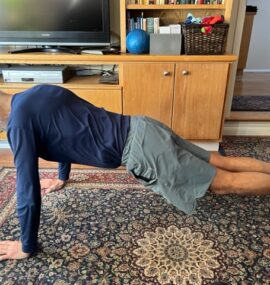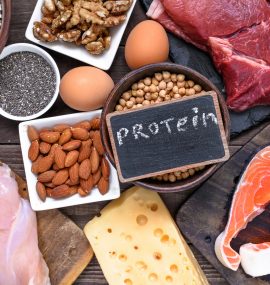Muscle strength declines in later life You might not consider “seniors” and “muscle” in the same thought. Aging is a complex process that typically involves, among other things, progressive loss of muscle mass and strength. Muscle deterioration predicts unfavorable outcomes, such as increased risks of mortality, falls, sarcopenia, and dementia. Mortality Reduced muscle mass and/or…
more
Seniors Need Nuscle






